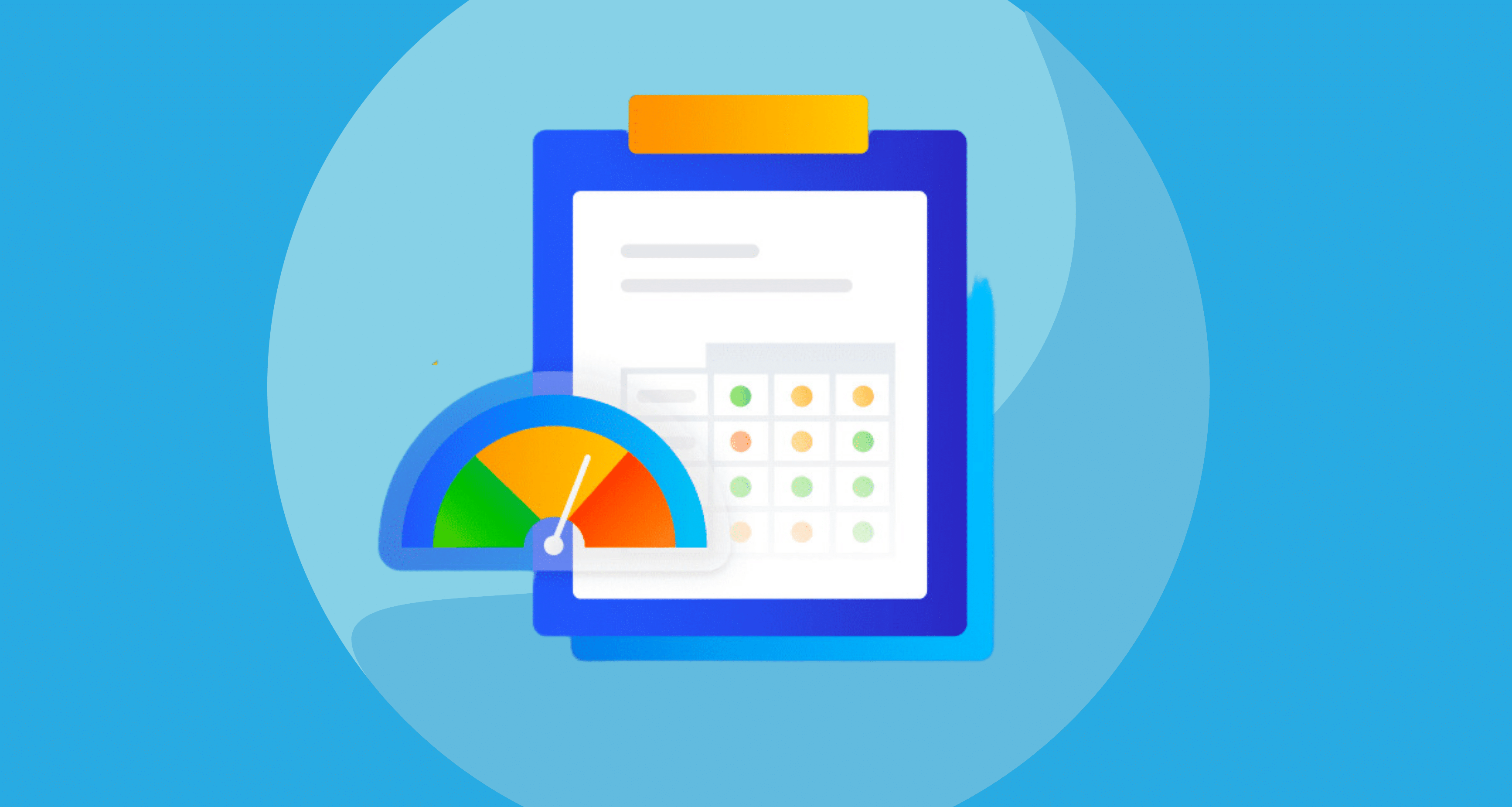
The safety of patients and the security of their data have become vital in the fast-paced healthcare landscape. With cutting-edge technological advancements and a growing dependence on electronic health records (EHRs), healthcare organizations find themselves vulnerable to numerous threats that can jeopardize patient well-being and confidential information alike. To combat these risks head-on, healthcare providers seek refuge in specialized risk assessment tools tailor-made for their unique industry challenges.
What is Risk Assessment in Healthcare?
Before delving into the various risk assessment tools in healthcare, it is essential to understand what risk assessment entails in this context. In simple terms, risk assessment in healthcare involves identifying potential threats or hazards that may adversely impact:
- Patient Safety
- Data Privacy
- Overall Organizational Integrity
By conducting a comprehensive healthcare risk assessment, providers can proactively identify vulnerabilities within their systems and processes. This empowers them to implement appropriate measures to prevent incidents or effectively respond if challenges arise. These assessments serve as a crucial foundation for developing strategies to ensure compliance with regulations such as the Health Insurance Portability and Accountability Act (HIPAA).
The Need for Risk Assessment Tools for Healthcare
Traditionally, risk assessments were conducted manually using spreadsheets or paper-based methods. However, as technology continues to advance, dedicated software applications have emerged as indispensable tools for streamlining the process.
Risk assessment tools designed specifically for healthcare offer several advantages over manual methods. They provide a centralized platform for collecting and analyzing data, allowing for more accurate identification of risks across various departments and locations within an organization. Furthermore, these tools often include built-in templates and checklists tailored to the specific challenges faced by healthcare providers.
Common Healthcare Risk Assessment Tools
There are several essential tools used to identify, assess, and mitigate risks within the healthcare industry.
1. Security Risk Analysis Software
One of the most widely used risk assessment tools in healthcare is security risk analysis software. These powerful programs enable organizations to assess their current security posture by evaluating factors such as:
- Physical Security
- Access Controls
- Network Infrastructure
- Encryption Protocols
2. Vulnerability Scanners
Vulnerability scanners are automated tools that systematically scan networks, applications, and devices to identify any weaknesses or vulnerabilities that could be exploited. By regularly scanning their systems with these tools, healthcare organizations can detect potential entry points for cyberattacks and take proactive measures to rectify them.
3. Data Loss Prevention Systems
Data loss prevention systems play a vital role in preventing unauthorized disclosure of sensitive information. These tools employ advanced algorithms and rule-based policies to monitor data flows within an organization, flagging any potential breaches and preventing data exfiltration.
4. Incident Response Planning Software
In the event of a security incident or breach, having a well-defined incident response plan is crucial. Incident response planning software facilitates the creation, documentation, and implementation of these plans. It helps organizations streamline their response efforts, minimize downtime, and mitigate further risks.
Key Features of Risk Assessment Tools for Healthcare
In the healthcare industry, risk assessment tools have many key features in identifying and managing potential risks to patient safety and organizational well-being.
1. Comprehensive Risk Identification
Effective risk assessment tools for healthcare organizations enable users to identify potential hazards. These tools typically include predefined lists of common risks specific to the healthcare industry while also allowing customization based on individual and organizational needs.
2. Quantitative Analysis
Accurately quantifying risks is crucial for prioritizing mitigation efforts. Advanced risk assessment tools utilize data analytics and statistical models to calculate the likelihood and potential impact of identified risks. This quantitative approach helps healthcare providers make informed decisions regarding resource allocation.
3. Mitigation Strategies
A robust risk assessment tool in healthcare will not only identify risks but also suggest appropriate mitigation strategies. These may include:
- Implementing Controls
- Developing Contingency Plans
- Enhancing Training Programs for Staff
By providing actionable recommendations, these tools assist organizations in proactively addressing potential threats.
4. Documentation & Reporting
Compliance with regulations often requires thorough documentation of risk assessments and associated mitigation efforts. Risk assessment tools for healthcare facilitate this process by generating comprehensive reports that can be easily shared with regulatory authorities, internal stakeholders, and auditors.
Securing Success: Unleashing the Power of Risk Assessment Tools in Healthcare with Compliancy Group’s Software
While there are several risk assessment tools available in the market, one notable solution stands out above the rest – Compliancy Group’s risk assessment tool for healthcare. As a leader in healthcare compliance solutions, Compliancy Group offers an all-in-one platform that combines risk assessments with other essential components of organizational compliance.
Compliancy Group’s risk assessment tool simplifies the process of identifying and mitigating risks specific to the healthcare industry. With its user-friendly interface and intuitive features, healthcare organizations can conduct thorough assessments efficiently without compromising accuracy or compliance.
By utilizing Compliancy Group’s software, healthcare professionals can ensure that their risk management practices align with industry standards while maintaining patient safety and meeting regulatory requirements.










